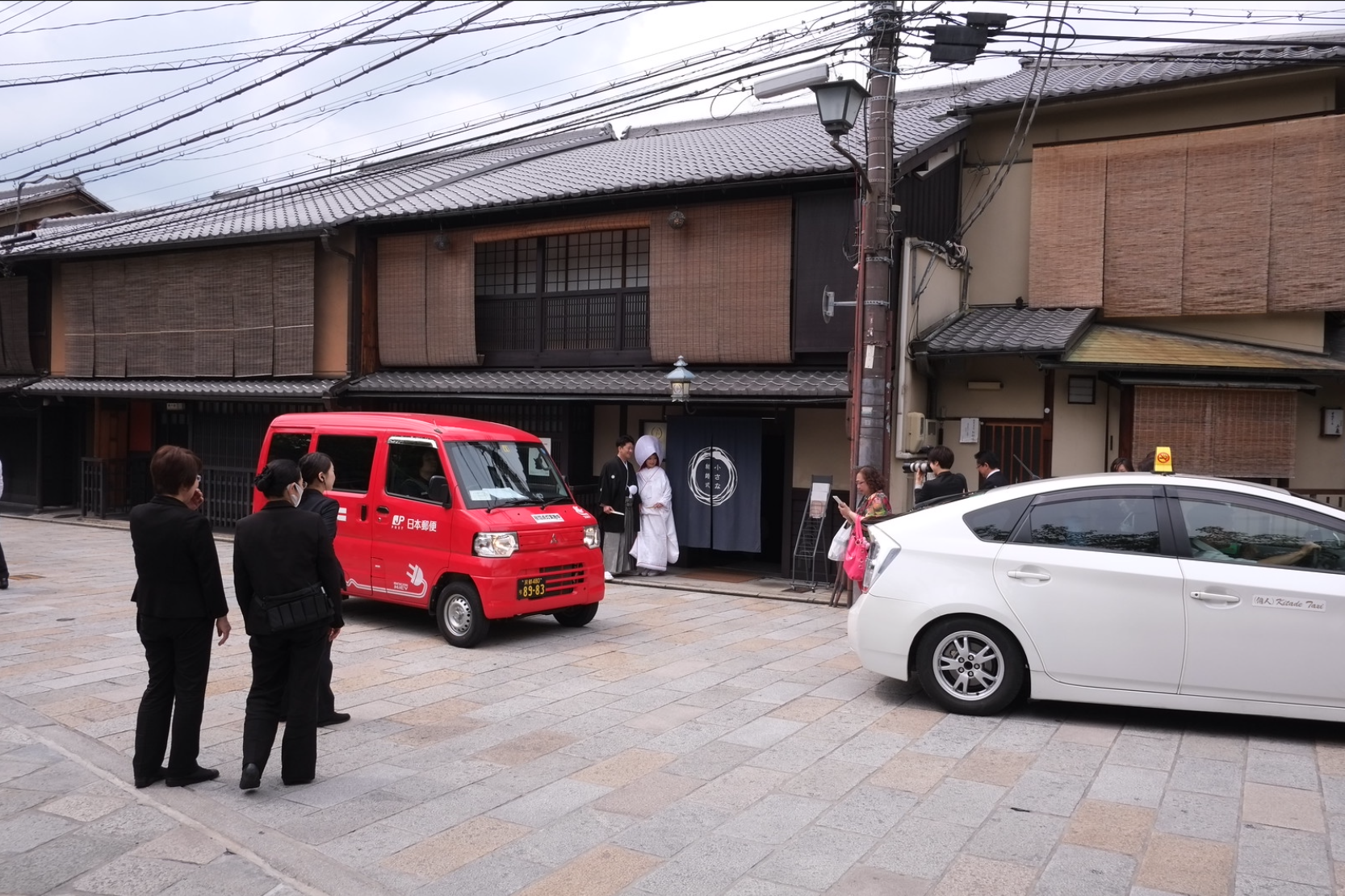- A proposed federal rule requiring automakers to ensure vehicles' front ends don't create an excessive risk of pedestrian head injuries could finally force them to scale back gigantic trucks and SUVs. (Slate, Streetsblog USA)
- Europe and Asia are full of cheap microcars that pose less of a threat to cyclists and pedestrians, but regulators won't allow them in the U.S. (CityLab)
- Hurricane Helene showed that transportation engineers are going to have to plan for more severe weather events, and figure out how to rebuild more quickly. (Wired)
- The federal government will spend almost $19 billion more on roads and bridges in 2025 than it is this year. (Engineering News-Record)
- Electric cars improve health by reducing air pollution, but that doesn't create nearly the health benefits of walking and biking. (London School of Economics)
- Hillsborough County halted streetcar and bus service in Tampa on Tuesday in preparation for Hurricane Milton. (That's So Tampa)
- The U.S. Supreme Court denied Uber and Lyft's appeal of a California ruling requiring them to pay drivers back wages. (Politico)
- A Massachusetts program installs e-bike docks in low-income communities and allows residents to rent bikes for as little as $1 per day. (Fast Company)
- Budget cuts at the Maryland Transit Administration could threaten a federal grant to help replace dozens of aging rail cars. (Baltimore Banner)
- Sound Transit's new Lynnwood light rail extension is providing a ridership bump for Snohomish County, Washington buses. (The Urbanist)
- Pittsburgh is installing new pedestrian-friendly traffic signals at 35 intersections along the future route of a bus rapid transit line. (Union Progress)
- Construction on a road diet project for Midtown Atlanta's Spring Street is expected to start within weeks. (Urbanize Atlanta)
- Syracuse is accepting public feedback on a Vision Zero plan. (WRVO)
- At least 35 European cities are in the process of implementing zero-emissions zones. (Cities Today)
Today's Headlines
Wednesday’s Headlines Go Small
A new federal rule might finally reverse car bloat. Plus, why can't kei cars come to the U.S.?

A kei “van” awaits its passengers; standard size sedan for scale.
|Nicolás Boullosa, CCStay in touch
Sign up for our free newsletter
More from Streetsblog USA
Friday’s Headlines Are Over ICE
Traffic safety and transportation funding continue to get tangled up in immigration enforcement under Trump.
Talking Headways Podcast: Women Changing Cities
Chris and Melissa Bruntlett on their new book and the mobility of care work and the unpaid labor that undergirds the economy.
Calif. Advocates Stand Against Proposed Nuisance E-Bike Laws
...and for enforcement of good e-moto laws already on the books.
Thursday’s Headlines Walk Hard
Where you live probably has a lot to do with how much you walk.
When The Suburbs Want To Opt Out of Funding Regional Transit
A messy transit funding fight in Dallas may have reached a pause — but some advocates fear the détente won't hold.





